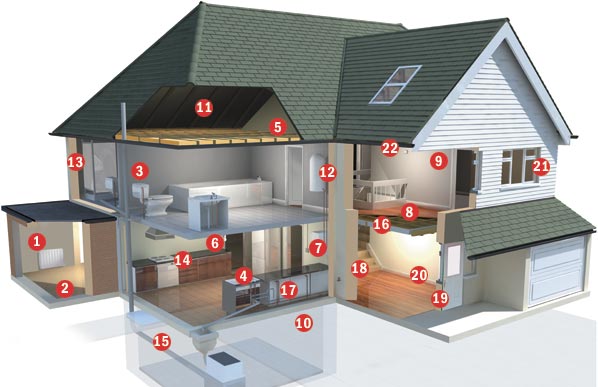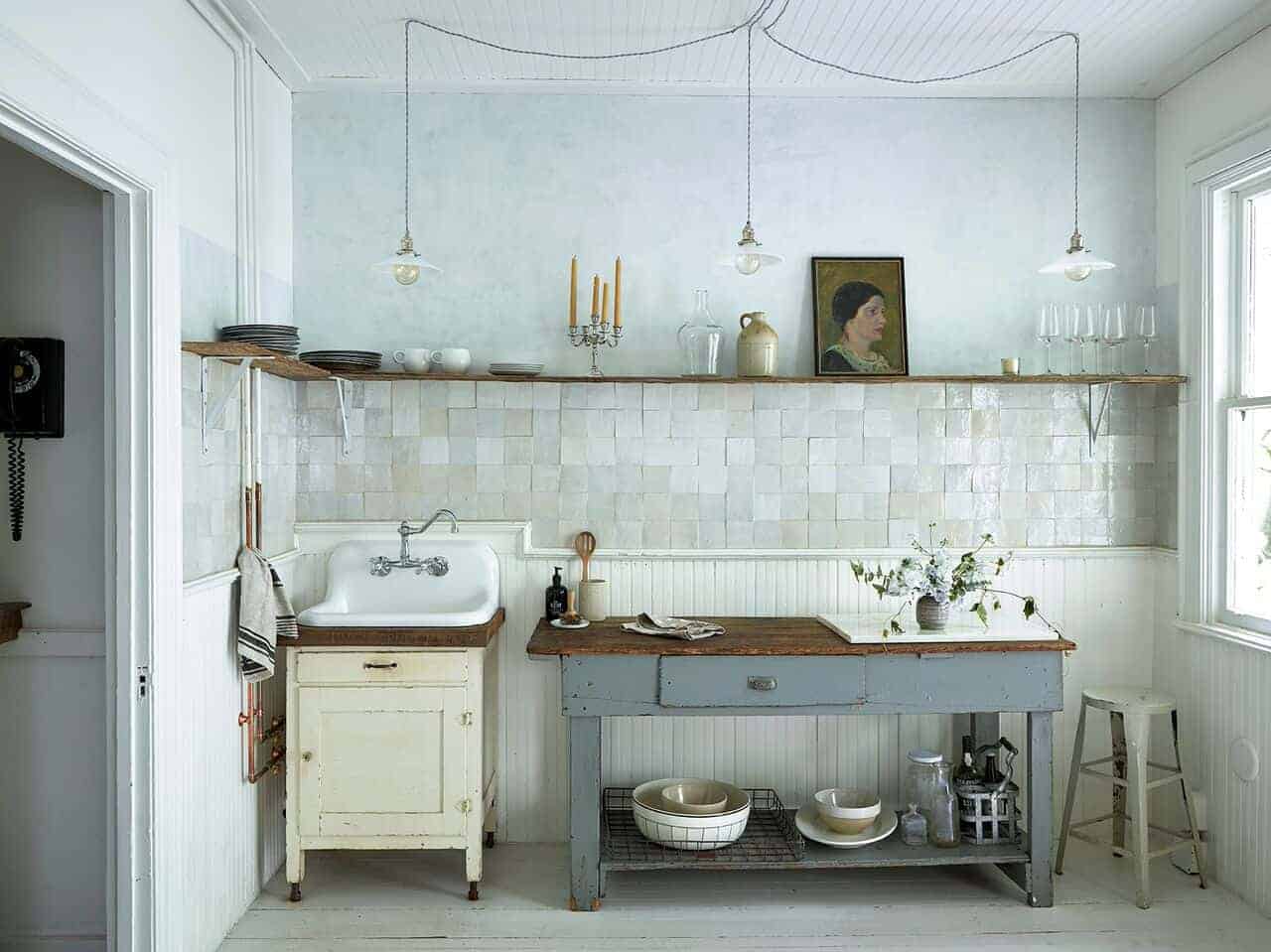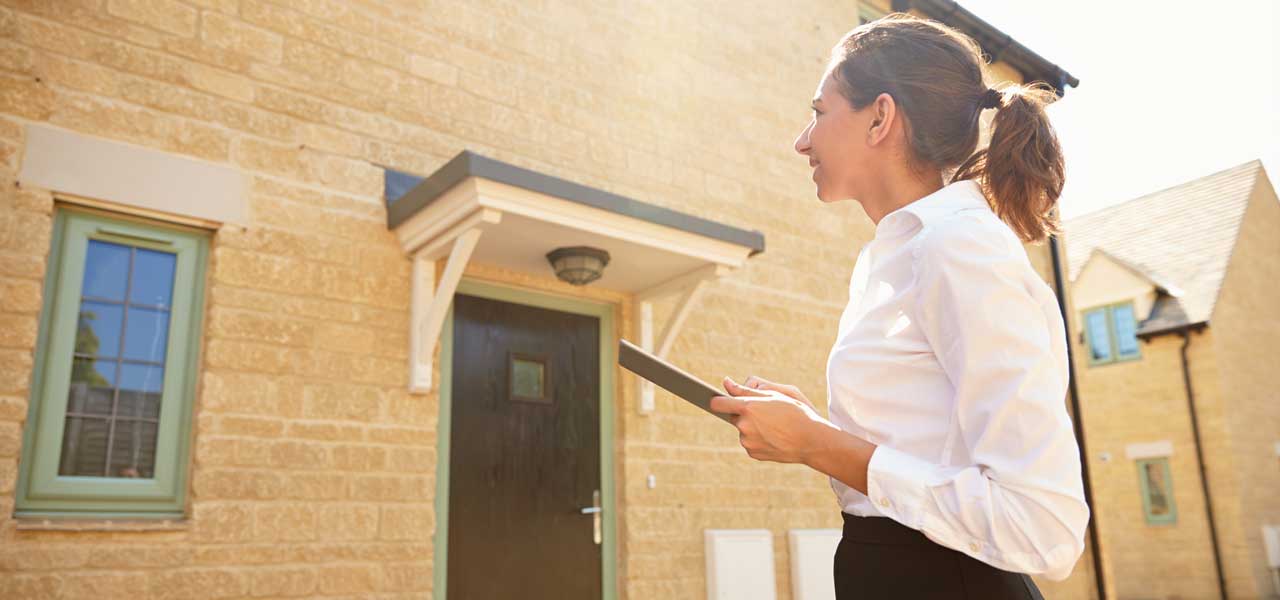A home inspection helps you make a more informed decision about the house you are considering purchasing. The home inspector can identify potential issues, as well as provide a better estimate of the property’s need for restoration. When you are buying a home, a thorough pre purchase home inspection can save you thousands of dollars in unexpected repairs – or inadvertently buy a pit of money.
What is a Home Inspection?
A home inspection is a visual inspection of the physical structure and mechanical system of the home, including the roof, roof, walls, floors, windows, and doors. The inspector will check that the main equipment is working, check the heating and air conditioning systems, check the plumbing and electrical systems, and also walk around the attic and basement.
The purpose of a home inspection is to uncover cases from the home. Inspectors will not tell you whether you are getting a good deal on the home or provide an opinion on the sale price.
When is a home inspection done?
The home seller will inspect you after accepting your offer but before the purchase is complete. You want to schedule a home inspection as soon as possible under the terms of the agreement, to provide a reasonable time for additional inspection or discussion with the seller. You should be allowed to take care of the inspection for at least seven to ten days in the home buying process.
Hire a home inspector
As a buyer, it is up to you to hire a home inspector. Even if sellers offer to share their home inspection report or claim that the home inspection has already been done, you may want to arrange your own inspection so that you can inspect it yourself Can. Home inspectors are not regulated by the union and are not licensed in all states.
Get recommendations from friends and colleagues, and search databases of professional associations, such as the American Society of Home Inspectors and the International Association of Certified Home Inspectors. Such organizations usually require an examination, a code of conduct, and a continuing education for members. Check with your local Better Business Bureau to see if the home inspector has a record of complaints.
It is best practice to interview home inspectors about their areas of experience, training, and expertise. For example, if you are considering an upstairs fixer or are looking for an older home, you need an inspector who knows about historic homes.

Look at former customers, especially homeowners who have been in their homes for at least six months. This will help you determine if there are any problems reported in their inspection. You can also request samples from previous reports and note whether they are complete with investigators or comprehensive reviews. This will tell you whether you are paying for a stapled 10-page report or for a three-dimensional ring of detailed information.
How much does a home inspection cost?
Home inspections are not cheap; they can cost $ 400 to $ 600 or more, so you want to make sure that you are getting what you are offering. You will also want to keep that money with you. Unlike many other closing costs, you usually pay the home inspector at the time of service. Think of it this way: If home inspectors have to wait until closing to receive payment, they have an incentive to ensure that the closing goes smoothly. An unscrupulous person can mitigate problems that may come in the way of sales.
What happens during a home inspection?
It will take you several hours to make a detailed tour of the house an inspector is looking for. During that time, the inspector will be taking notes and photos and, if you are tagging along, comment on what they are seeing. Most importantly, the inspector will provide an objective opinion on the condition of the home, which is different from the emotional rollercoaster you took during the entire home buying process.
An inspector may have one or two views on child safety issues found in a home, but again, it depends on the experience and competencies of the inspector. And a home inspector does not determine whether your home conforms to the local building code. They do not comment on any beauty until it becomes a major problem. For example, they may indicate roof stains that indicate water damage.
Although inspectors must have a keen eye for detail, they will not be able to detect the overlook. This means that hidden pests, asbestos, mold, or other potentially dangerous substances may go unnoticed. Areas that are not readily available such as septic tanks will also not be covered. Issues of this type may require special evaluation.
What is included in the home inspection report?
A good home inspection report is comprehensive, including checklists, summaries, photographs, and notes. It can estimate the remaining useful lives of major systems and equipment, as well as the roof, structure, paint, and finish. Important information will also include recommended repairs and replacements.
An inspection is not a pass-fail examination. No correction is mandatory after a home inspection, although it may highlight issues that indicate interaction with the seller. You’ll learn a lot about the house and gain confidence in the decision to move to your new address – or know enough to pass on a purchase.











